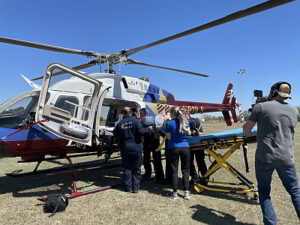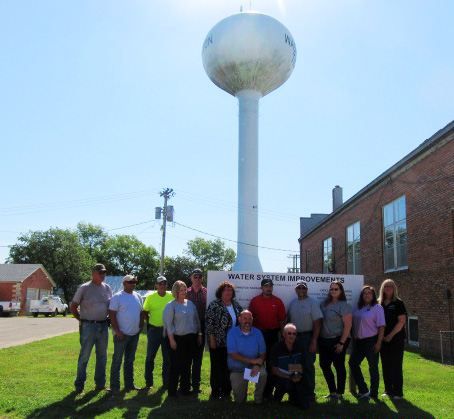
The City of Washington celebrated the completion of its water project with a ribbon cutting in June 2021. (Courtesy Photo)
Reduced water loss, reduction of water main breaks, and minimal down time due to service interruptions are all benefits that the City of Washington’s utility customers are enjoying after the completion of a major water improvement project in the city in 2021.
The City of Washington is located in North Central Kansas at the intersection of Kansas Highway 15 and U.S. Highway 36 and serves as the County seat. Nearly 80% of the city’s water distribution system dated back to the original system installed in 1914. The original system with small, cast-iron lines had exceeded its useful life. Leaks, water main breaks, and repair expenses for streets that were disturbed in order to access lines were becoming increasingly troublesome.
Improving its water system was a high priority need for the community, but also a costly proposition. The city ultimately applied for funding assistance and was awarded $600,000 through the Small Cities Community Development Block Grant (CDBG) program, which is administered by the Kansas Department of Commerce. The City of Washington secured additional funds through a combination of a USDA Rural Development loan of $6.3 million and grant of $1.2 million. The city also committed $200,000 in city cash to the project.
The resulting project updated critical infrastructure by installing new water lines, fire hydrants and an automated meter reading system. At the time the CDBG application was submitted (Fall 2018), the city had experienced 58 pipe failures in the previous 5 years. The city is now well positioned for minimal water distribution system maintenance for many years.
“The project has provided upgrades to our water supply system with decreased leaks and line breaks, along with less waste of precious resources. It has also provided improvements to fire protection,” Caroline Scoville, City of Washington EMT, said.
Non funding key partners involved with the project were engineers BG Consultants, Manhattan, Kansas, and contractor Orr Construction Management, Raytown, Missouri ensuring project success. In addition, Kansas Rural Water Association completed a rate study analysis and CES Group P.A. Engineering Consultants, Marysville, helped the city complete the Low to Moderate Income Survey to qualify for funding. NCRPC staff provided project planning assistance, grant writing and administration.
The project took approximately two years from start to finish. Original costs were estimated at just over $8 million, but actual project costs came in under the budgeted amount.
“The upgrades to the system were funded by USDA and CDBG projects, including grant funding and low interest loans. This provided significant cost savings to the citizens over the life of the project, which ultimately affects quality of life for our residents,” Scoville said. “The North Central Regional Planning Commission staff was extremely helpful working on this project, and provided valuable knowledge and assistance.”
For more information about the funding sources used for this project or to discuss a project need, contact the NCRPC community development staff.
This article appeared in the March 2022 NCRPC Newsletter.
There are many great things happening in North Central Kansas. Project Spotlight shares stories from communities around the region and how they solved challenges. To view more Project Spotlights, visit https://www.ncrpc.org/tag/project-spotlight/.

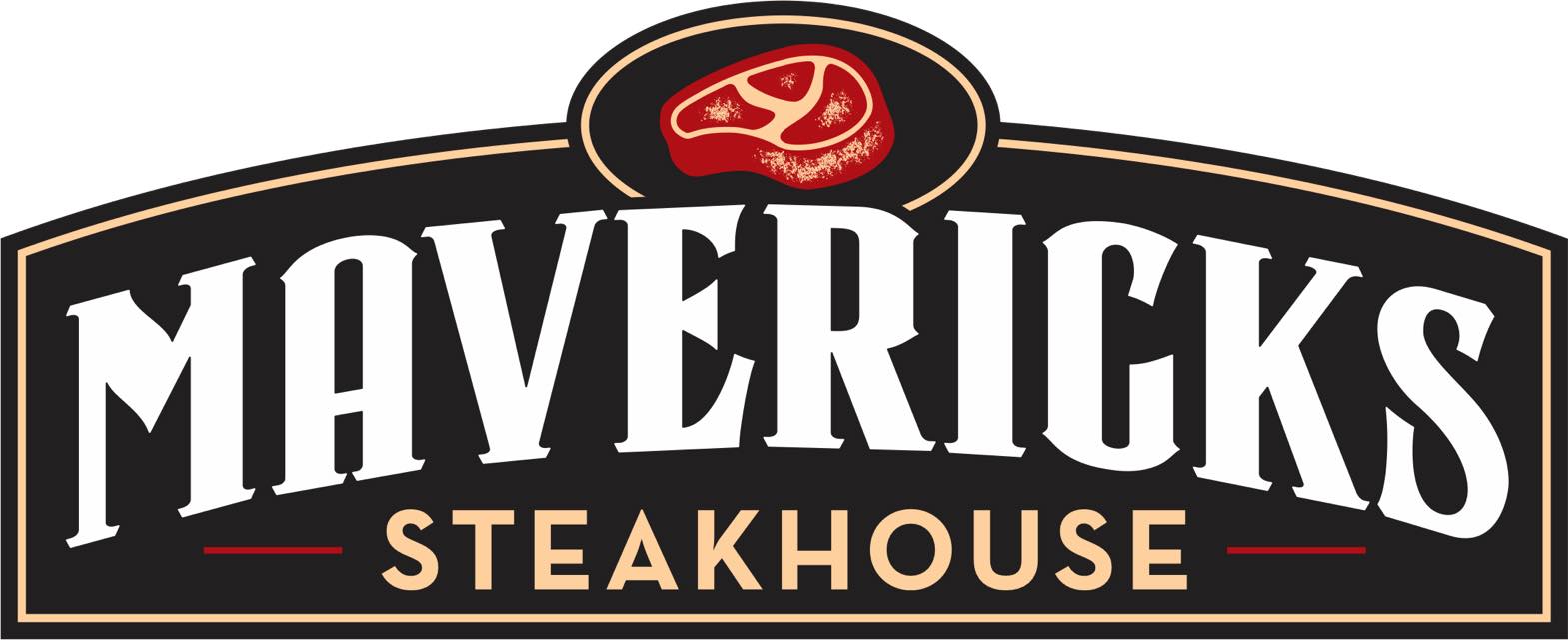 Maverick’s Steakhouse, located at 103 W. 7th Street in Concordia, opened on February 1, 2021. Relocating to Concordia was returning home for Brittany who came to Concordia her freshman year and graduated from Concordia High School. Brittany now spends most of her time working in the front end of the business while Steven spends the majority of his time in the kitchen.
Maverick’s Steakhouse, located at 103 W. 7th Street in Concordia, opened on February 1, 2021. Relocating to Concordia was returning home for Brittany who came to Concordia her freshman year and graduated from Concordia High School. Brittany now spends most of her time working in the front end of the business while Steven spends the majority of his time in the kitchen.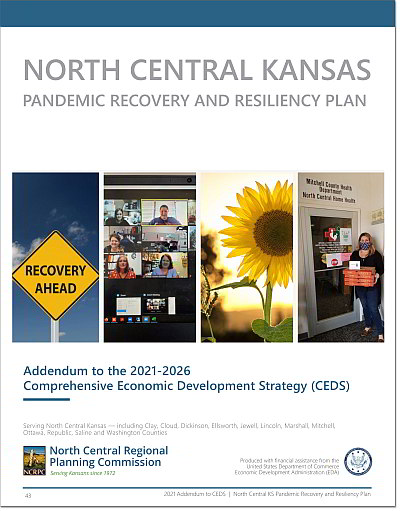
 At the age of 94, Delora wanted one thing: to leave a decent home to her children when she passed away. Improvements made to her home through the Weatherization Assistance Program may help make that possible.
At the age of 94, Delora wanted one thing: to leave a decent home to her children when she passed away. Improvements made to her home through the Weatherization Assistance Program may help make that possible.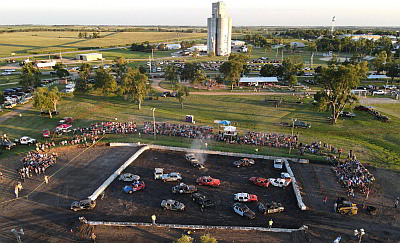
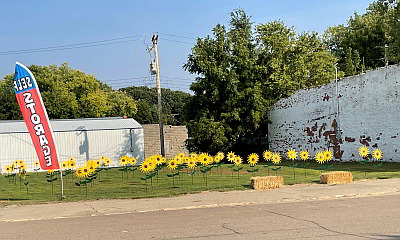
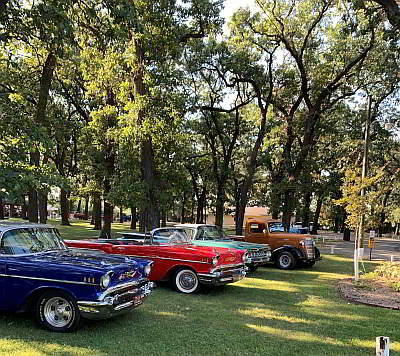
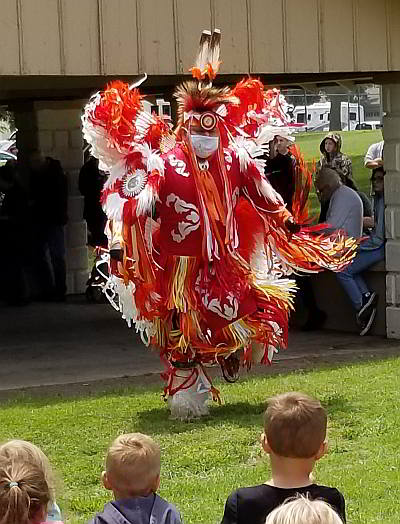
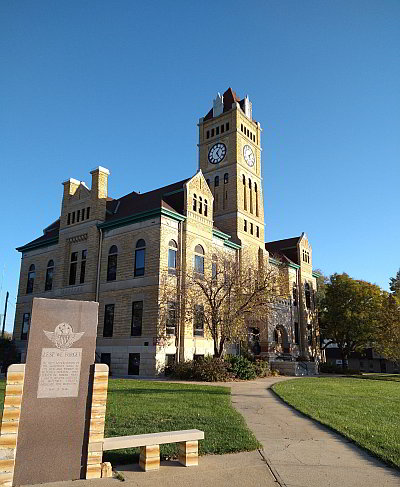
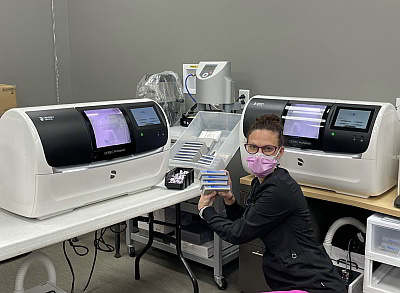
 In nearly every conversation regarding the biggest threats to North Central Kansas, “population loss” is at or near the top of the list. The recent survey NCRPC completed about the region’s greatest strengths, weaknesses, opportunities and threats provided no exception with “population loss” being identified as the #2 threat to North Central Kansas.
In nearly every conversation regarding the biggest threats to North Central Kansas, “population loss” is at or near the top of the list. The recent survey NCRPC completed about the region’s greatest strengths, weaknesses, opportunities and threats provided no exception with “population loss” being identified as the #2 threat to North Central Kansas.